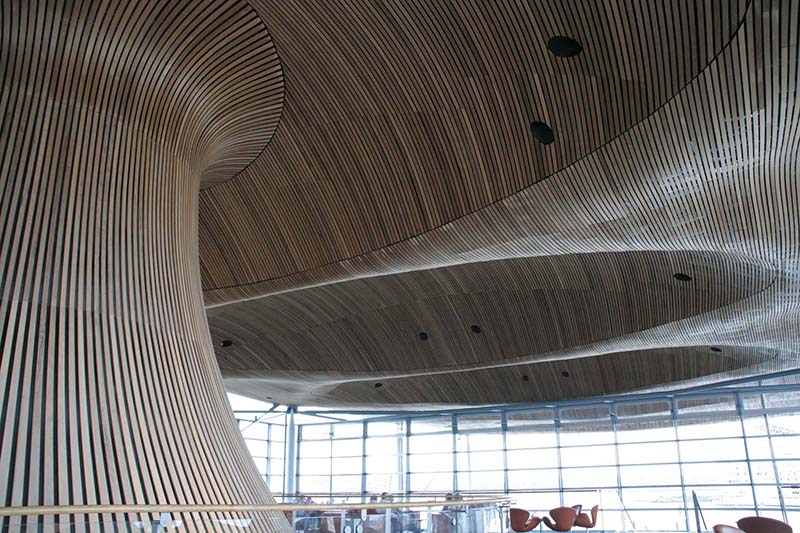- 27/07/2017
- Posted by: Lesley Griffiths MS
- Category: News

Devolved public services in Wales will be protected from the UK Government’s damaging Trade Union Act.
Last week, the National Assembly for Wales passed a Bill partially reversing the UK law, meaning its measures no longer apply to devolved services such as education and health.
Wrexham’s Assembly Member, Lesley Griffiths, voted for the Trade Union (Wales) Bill. Welcoming the passing of the law, she said: “The UK Government’s Trade Union Act is an unnecessary attack on workers rights. From the outset, the Welsh Government outlined their stance and warned the UK Government their divisive and damaging legislation encroached upon Welsh public service and, therefore, upon the devolved responsibilities of the Welsh Government.”
“Wales is proud to promote good relations between government, employers, trade unions and workers, in both the public and private sector. The UK Government’s Trade Union Act undermines that relationship and would only lead to greater confrontation.”
“The Welsh Government has made a stand to support public services and the economy, and to protect the people of Wales.”
Last year, the UK Government passed the Trade Union Act 2016. The Act imposes stringent new strike ballot thresholds in public services and also monitors and restricts the activities of trade unions in supporting the workforce.
The NHS, education and local government are examples of devolved public services which are the responsibility of the National Assembly for Wales. The Welsh Government’s Trade Union Bill detaches parts of the UK Government’s Act that relate to these services.
This means that the imposition of an overall support threshold of 40% on strike ballots, provisions on trade union facility time and conditions on payroll deductions for trade union membership – commonly known as check-off – will be reversed and will no longer apply to Wales.
The Bill also protects the position where agency workers are prevented from covering the work of public sector employees during industrial action, in the event the UK Government acts to remove that protection.

